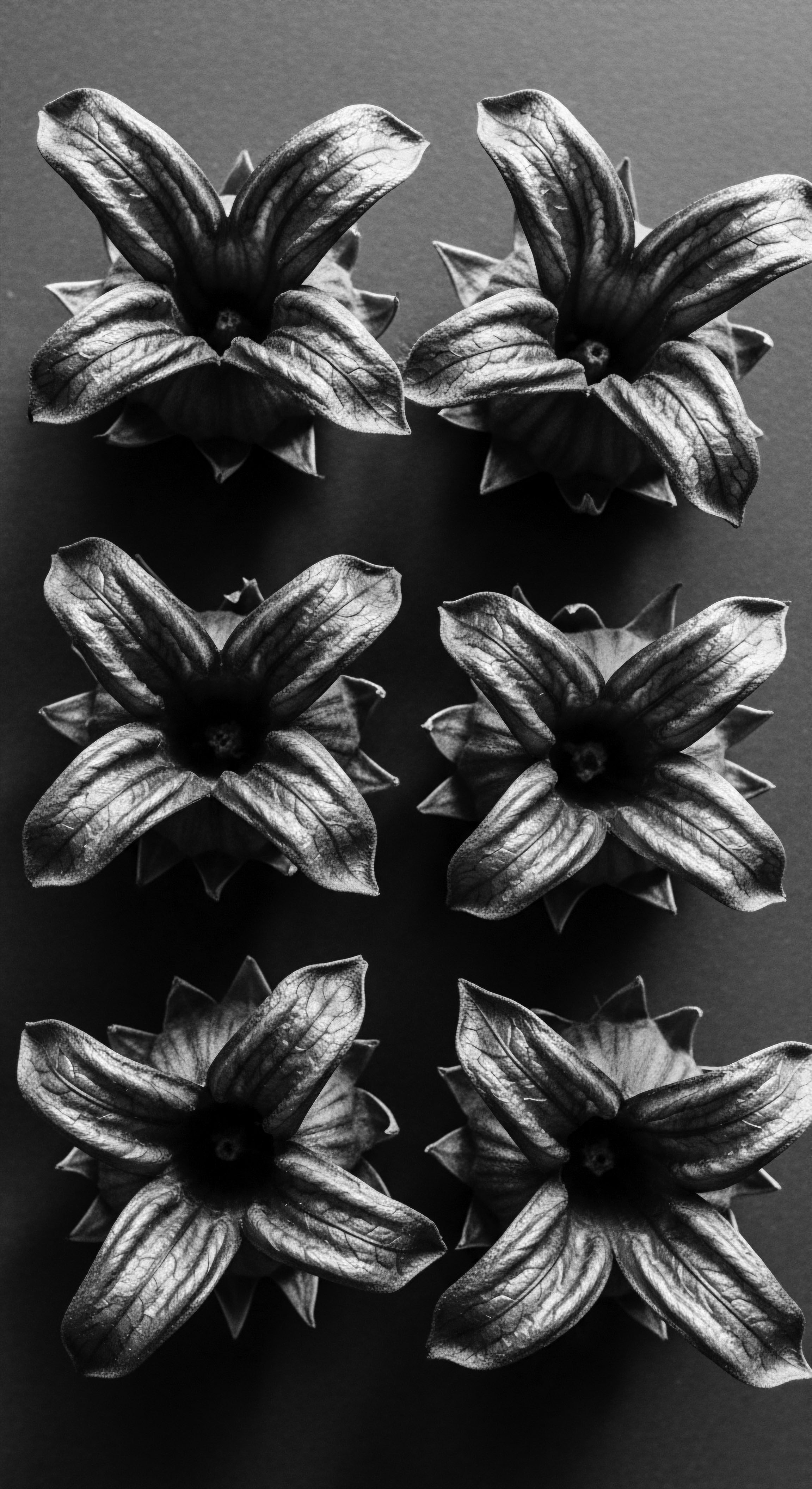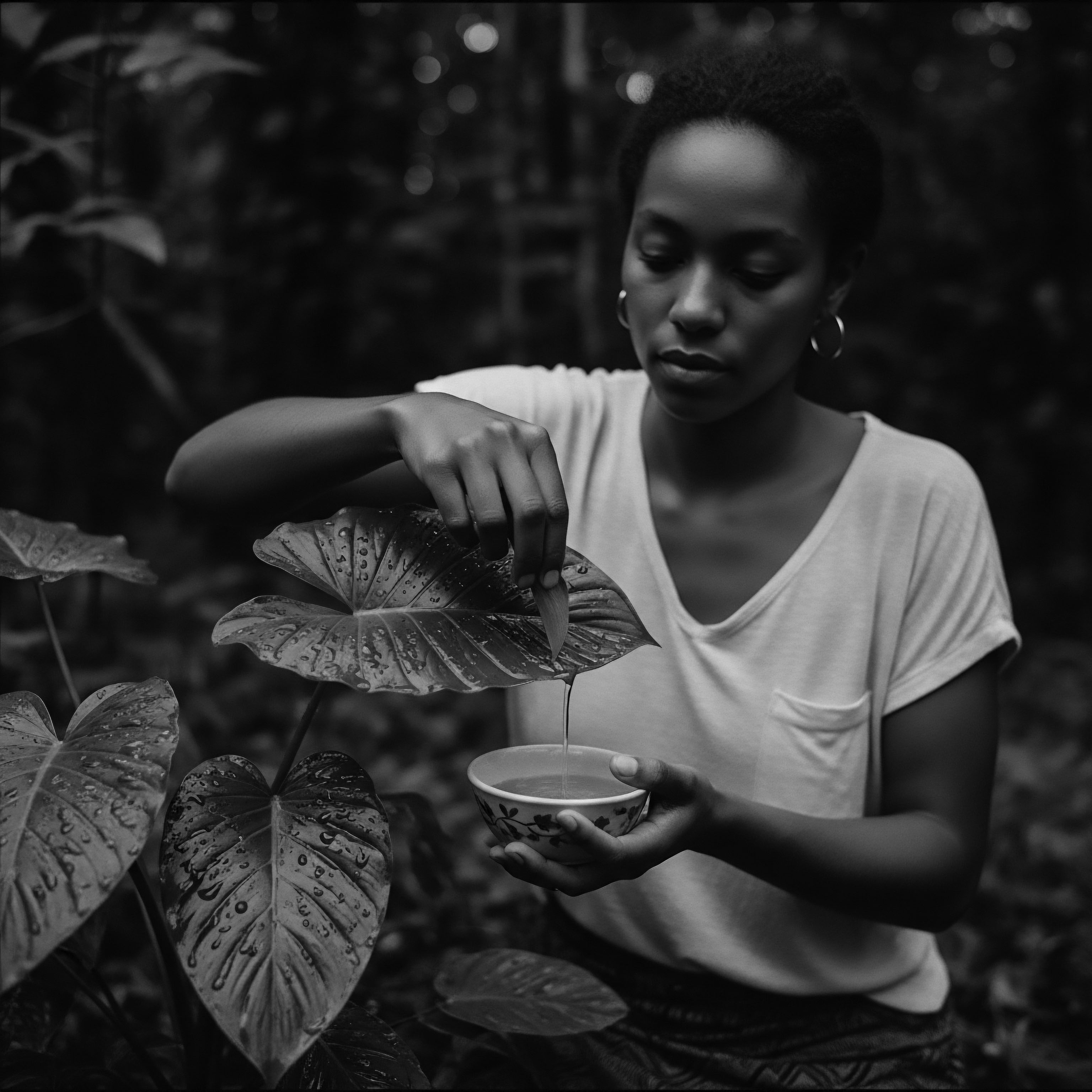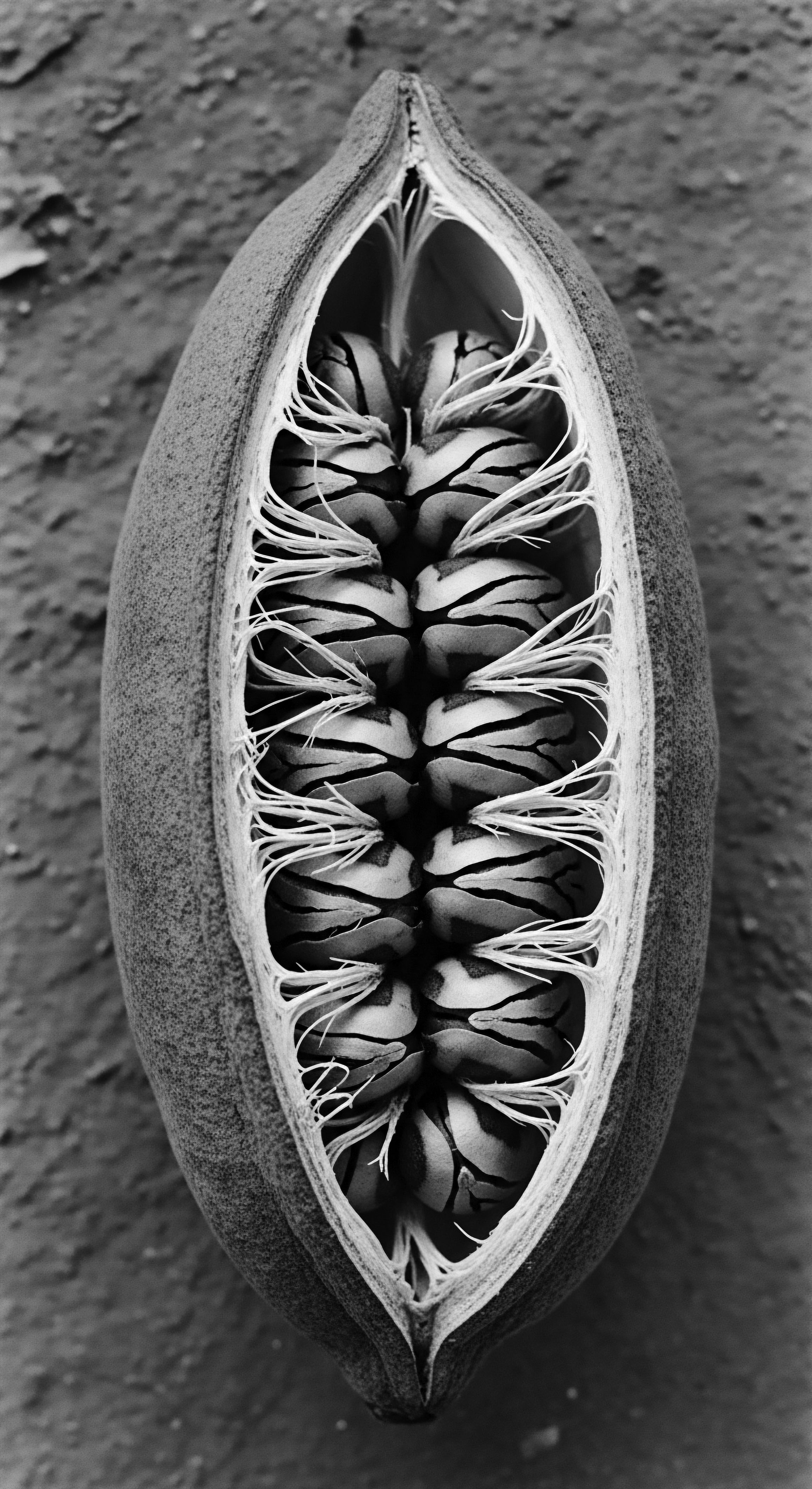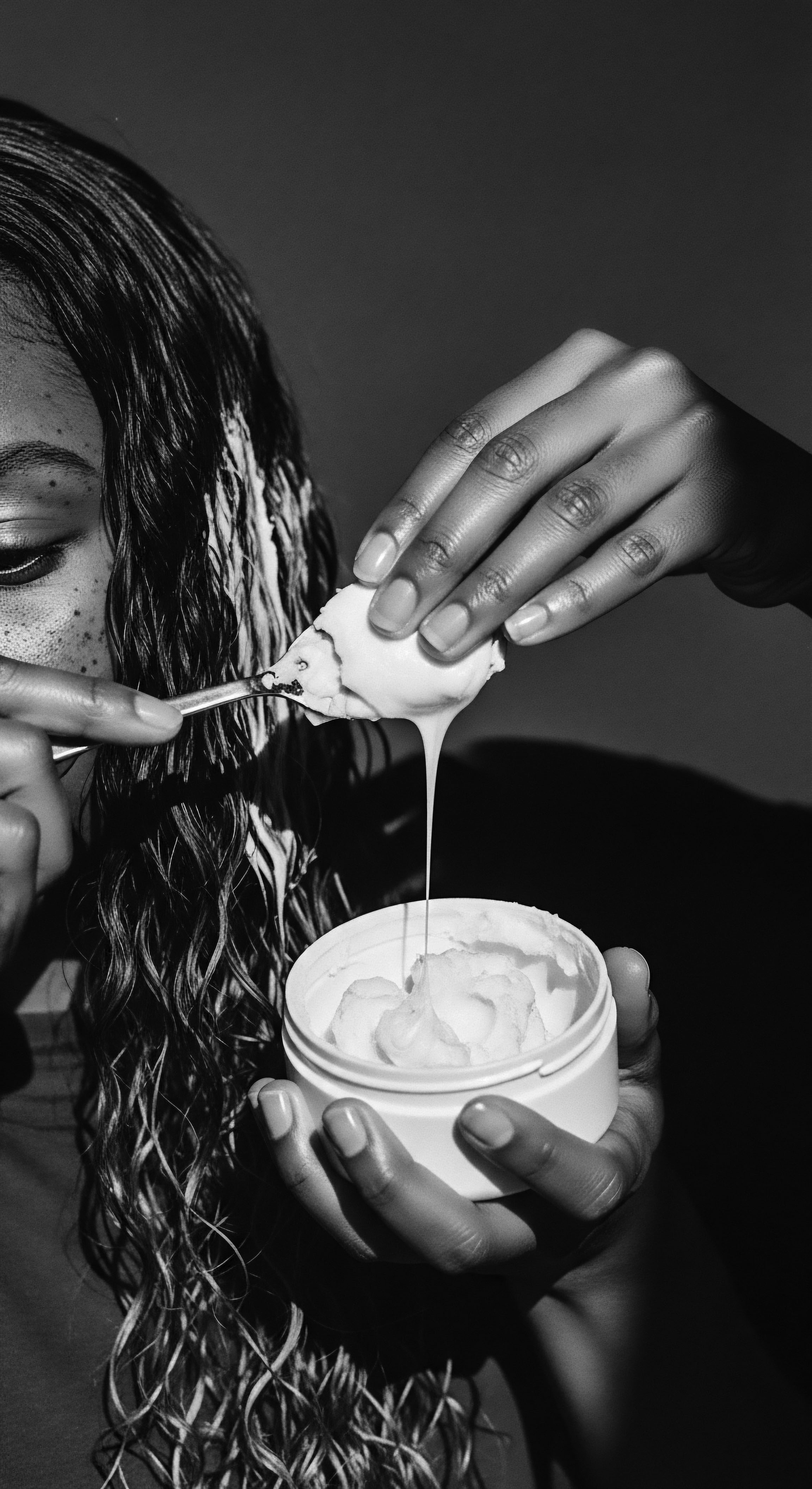
Fundamentals
The conversation surrounding textured hair often returns to its elemental truths: the profound importance of gentle care and respect for its inherent design. Within this realm, the concept of Traditional Plant Cleansers stands as a foundational pillar, representing a lineage of wisdom passed through generations. At its basic understanding, a Traditional Plant Cleanser is a substance derived directly from botanical sources, employed historically and contemporaneously to purify and refresh hair and scalp. These botanical gifts ❉ roots, barks, leaves, fruits, and flowers ❉ are not merely ingredients; they embody ancient knowledge of holistic wellbeing and connection to the earth’s nurturing rhythms.
For communities across the globe, particularly those with deep ancestral ties to the land, these plant-based formulations offered the primary means of personal hygiene. Their employment predates the industrial revolution and the advent of synthetic surfactants, which now dominate many modern hair products. The meaning of ‘cleanser’ in this context transcends a mere act of washing; it speaks to a ritual of care, often interwoven with spiritual practice, communal bonding, and a reverence for the natural world. These traditional practices reveal an understanding of hair not simply as a biological entity but as a vibrant extension of one’s identity and heritage.
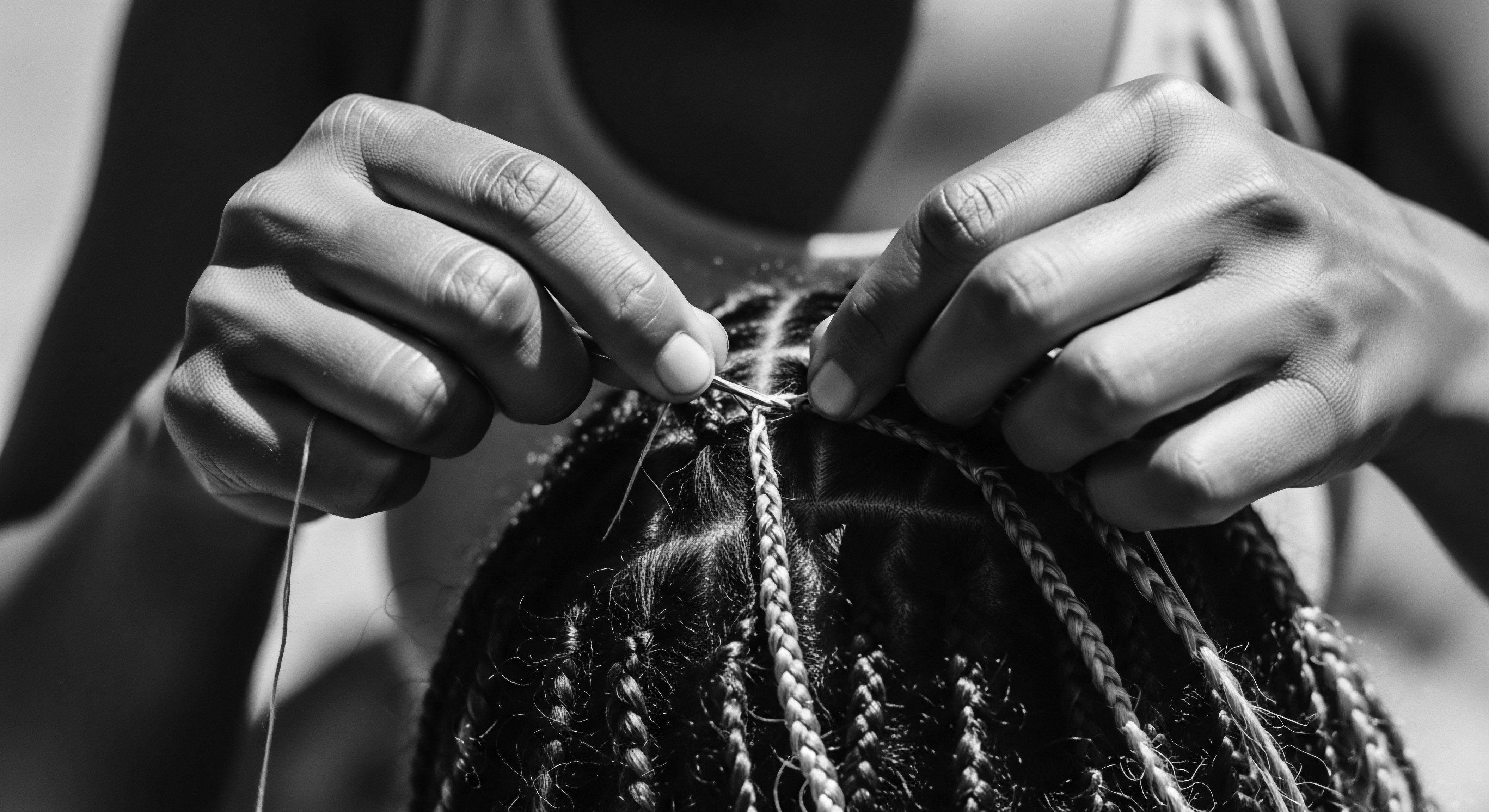
The Gentle Hand of Nature’s Bounty
Consider the subtle yet potent mechanisms by which these botanical agents perform their work. Unlike harsh modern detergents that strip hair of its natural oils, many Traditional Plant Cleansers possess saponins, natural compounds creating a gentle lather when agitated with water. This process allows for effective removal of impurities without compromising the hair’s delicate moisture balance or disrupting the scalp’s protective barrier.
The inherent mildness of these cleansers aligns remarkably with the needs of textured hair, which, due to its unique coil patterns and cuticle structure, is often prone to dryness and fragility. Ancestral communities intuitively grasped this fundamental truth, long before scientific laboratories began to dissect the molecular structures of hair strands.
Traditional Plant Cleansers represent an ancestral legacy of gentle, effective hair purification, rooted in the earth’s botanical wisdom.
The use of these cleansers reflects a deep symbiosis between humanity and the plant kingdom. Indigenous peoples and ancestral communities around the world cultivated an intimate knowledge of their local flora, discerning which plants held properties suitable for cleansing, conditioning, and healing. This accumulated wisdom, transmitted orally and through practice, formed the bedrock of hair care traditions for centuries. It’s a heritage that reminds us of the profound efficacy available when we listen to the teachings of the earth and honor the practices of those who walked before us.
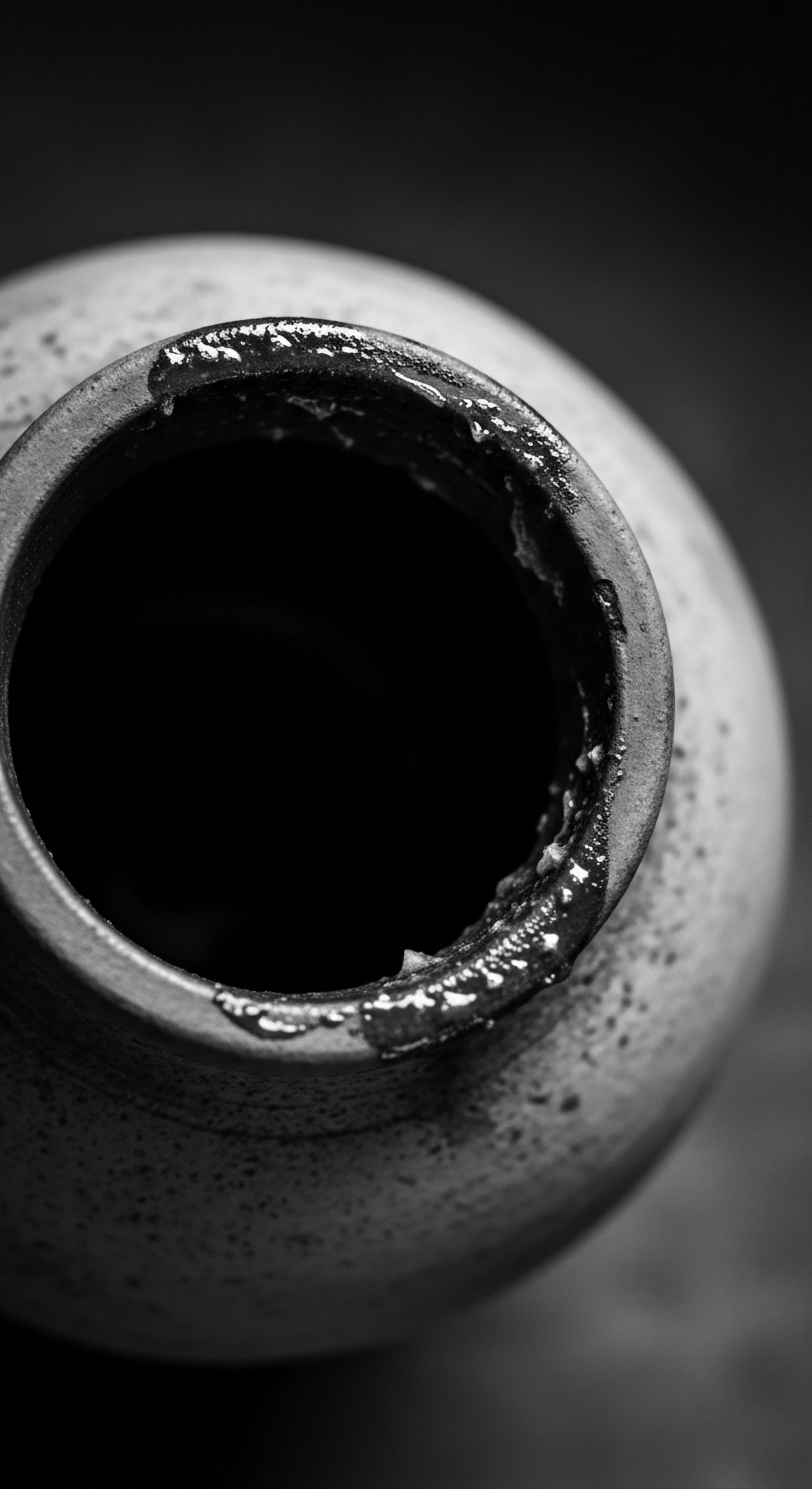
Elemental Forms of Traditional Plant Cleansers
These botanical purifiers come in a variety of forms, each testament to ingenious methods of preparation.
- Washes and Infusions ❉ Many traditional methods involve steeping plant material in water to create a cleansing liquid. Leaves, flowers, or barks are often boiled or soaked, allowing their saponins and other beneficial compounds to infuse into the water. The resulting liquid is then used as a hair rinse or poured over the scalp.
- Pastes and Powders ❉ Certain plants are dried and ground into fine powders, which can then be mixed with water to form a cleansing paste. This method often offers a more concentrated application, providing a gentle scrub for the scalp while purifying the hair strands.
- Botanical Soaps ❉ In some traditions, specific plant materials are processed to create solid, soap-like forms. These are distinct from modern soaps, often retaining more of the plant’s natural properties and lacking harsh chemical additives.
The methods of preparation themselves are often steeped in ritual, involving specific timings, blessings, or communal gatherings. This approach transforms the act of cleansing into a practice that nourishes the spirit as much as the hair. It is a gentle reminder that true hair care extends beyond the physical realm, touching upon emotional and cultural wellbeing.

Intermediate
Expanding upon the foundational understanding, the intermediate exploration of Traditional Plant Cleansers reveals a deeper engagement with their specific phytochemistry and their symbiotic relationship with the unique architecture of textured hair. This understanding moves beyond simple recognition to appreciate the nuanced ways these botanical agents interact with the hair shaft and scalp, offering benefits that often surpass those of conventional products laden with synthetic compounds. The historical narrative interwoven with these practices provides a profound context for their continued relevance in contemporary hair care, especially within Black and mixed-race communities seeking to reconnect with ancestral pathways to wellness.
The efficacy of these cleansers for textured hair is not coincidental. The coiled and porous structure of natural hair, particularly tighter curl patterns, necessitates methods of cleansing that preserve moisture and avoid unnecessary stripping. Traditional Plant Cleansers, with their inherent mildness and often conditioning properties, represent an ancient solution to this enduring need.
Their composition often includes mucilages and polysaccharides, which lend a slippery, emollient feel, aiding in detangling ❉ a vital aspect of textured hair care that minimizes breakage. This intrinsic detangling ability speaks to the comprehensive nature of ancestral hair care practices, which considered the entire lifecycle of hair, from cleansing to styling.
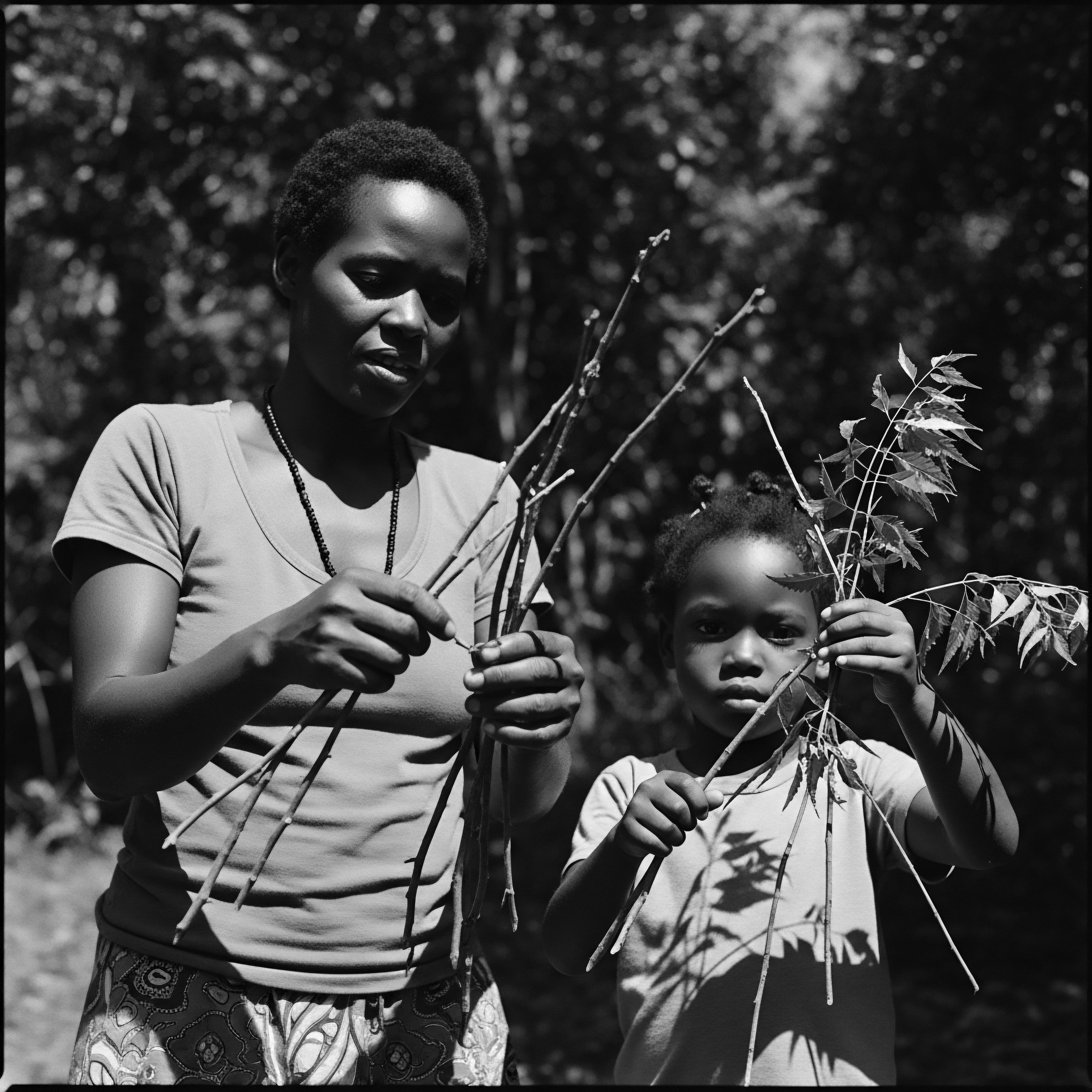
Phytochemical Symphony for the Scalp and Strands
Delving into the botanical chemistry, many Traditional Plant Cleansers contain a rich array of compounds beneficial to hair health. Saponins, as mentioned, are the primary cleansing agents, but their gentle nature distinguishes them. They create a mild foam, lifting dirt and excess oils without stripping the hair’s protective lipid layer.
The specific saponins found in plants like soap nuts (Sapindus mukorossi or Sapindus trifoliatus), used widely in South Asia and parts of Africa, exemplify this gentle action. Their mild acidity also helps to maintain the scalp’s natural pH, reducing the likelihood of irritation and promoting a balanced microbiome.
Beyond saponins, these cleansers often deliver a spectrum of other plant compounds. Flavonoids, tannins, and various vitamins contribute antioxidant and anti-inflammatory properties, soothing the scalp and protecting hair follicles from environmental stressors. The use of traditional cleansers can foster a healthier scalp environment, which is paramount for hair growth and overall vitality. This holistic approach, addressing both cleansing and scalp nourishment, stands in contrast to many modern products that focus solely on surface-level cleansing, often overlooking the deeper ecosystem of the scalp.
Traditional Plant Cleansers offer a sophisticated balance of phytochemistry, providing gentle purification and comprehensive nourishment for textured hair and scalp.
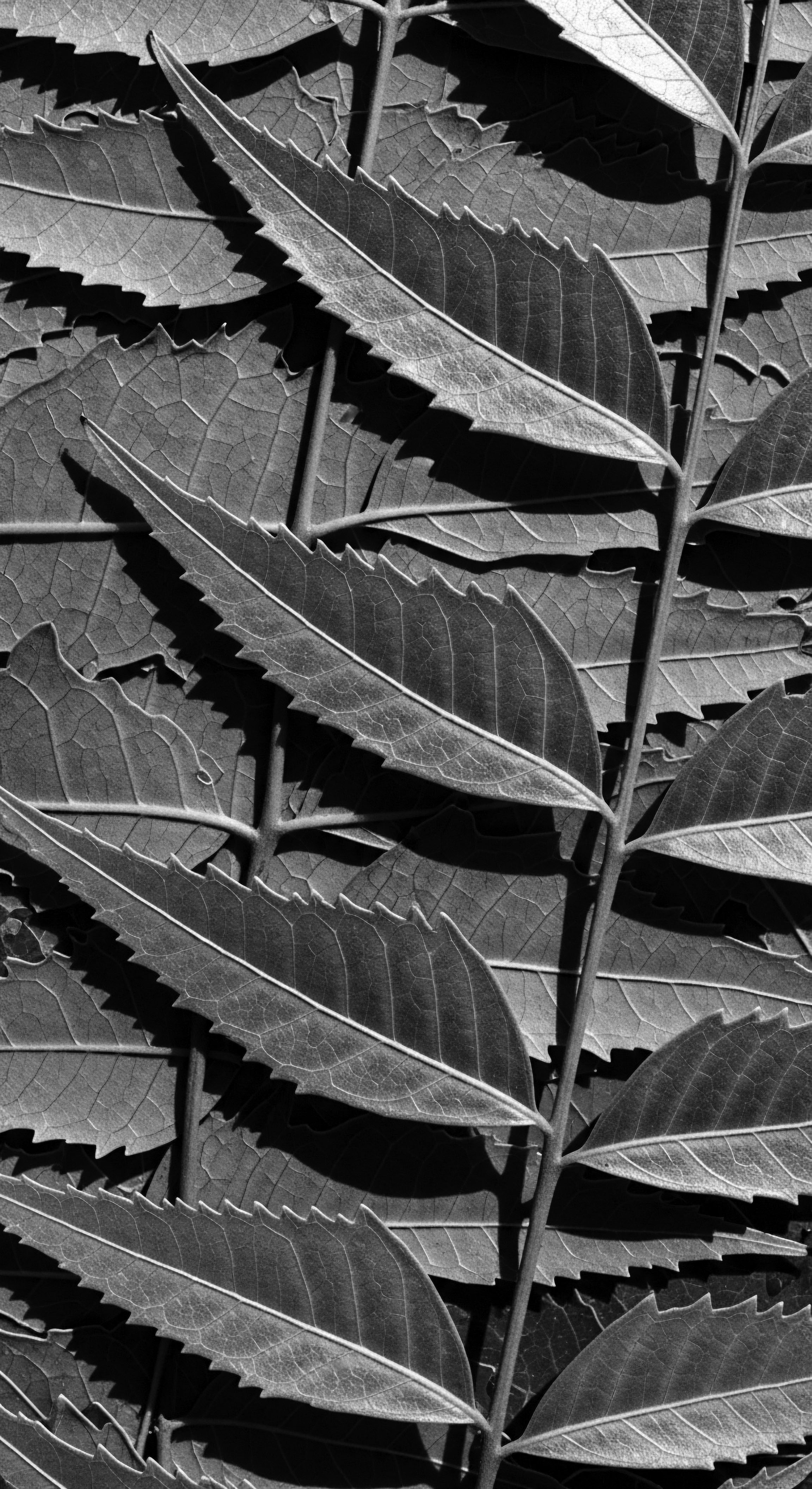
Regional Echoes: Diasporic Plant Cleansers and Heritage
Across continents, distinct plant traditions emerged, each uniquely suited to the local environment and the hair textures prevalent in those regions. Yet, the principles of relying on nature’s bounty for gentle cleansing remained constant.
The transference of such knowledge forms a crucial part of diasporic heritage. As people were forcibly displaced, they carried with them not only their memories but also their practices and understandings of healing and self-care. The adaptations of these practices in new lands often saw the substitution of familiar plants with local equivalents, yet the underlying philosophy of gentle, plant-based cleansing persisted. This continuity of care, despite profound ruptures, speaks to the resilience and adaptability of Black and mixed-race hair traditions.
For someone seeking a deeper path into textured hair care, understanding these Traditional Plant Cleansers means recognizing a profound connection to ancestral ingenuity. It means appreciating that the solutions to many of today’s hair challenges were often known and practiced centuries ago, rooted in a respectful relationship with the natural world. Engaging with these cleansers becomes an act of honoring that legacy, a step towards hair care that is both effective and deeply meaningful.
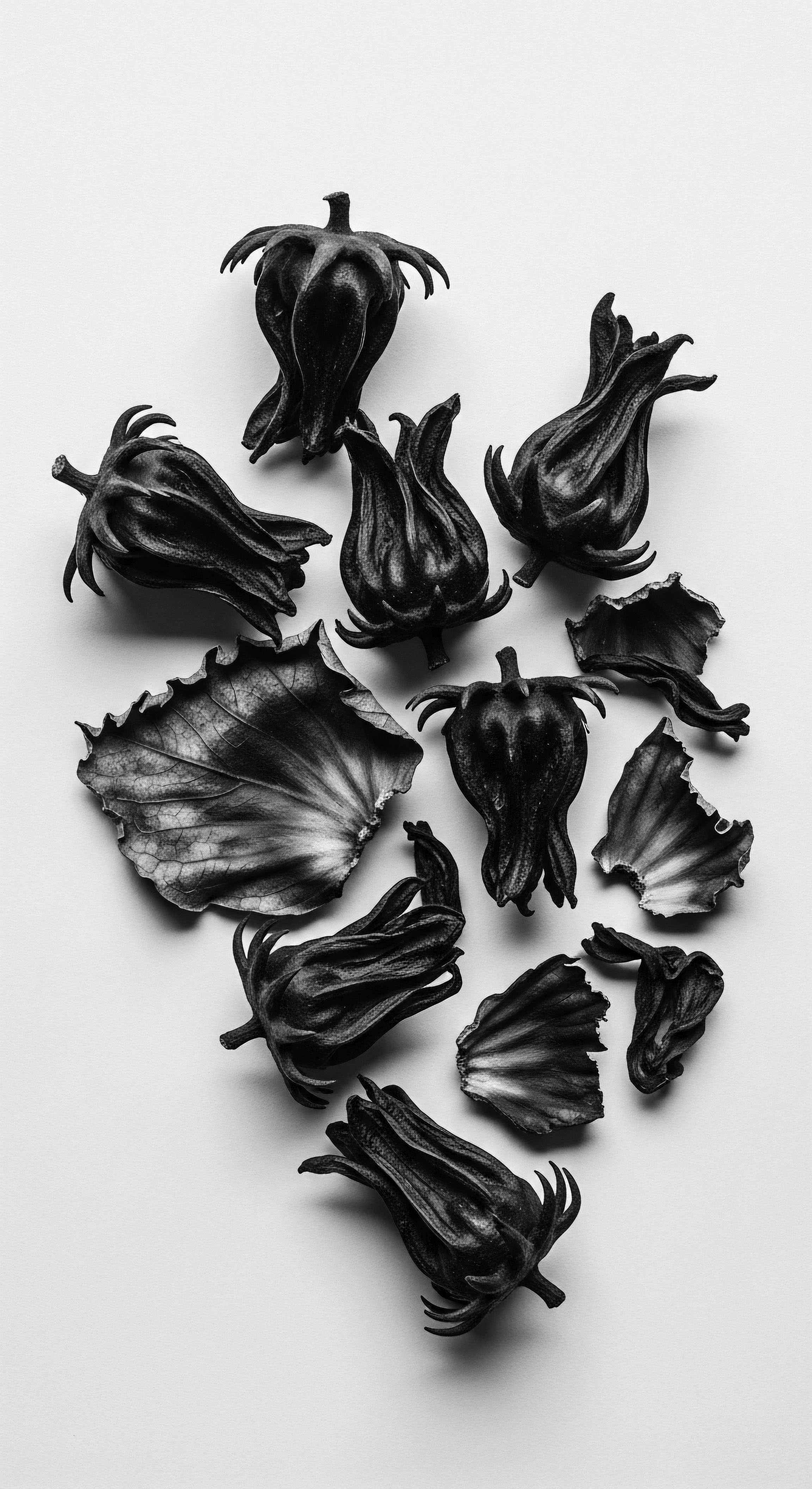
Academic
The academic elucidation of Traditional Plant Cleansers necessitates a rigorous interdisciplinary examination, drawing from ethnobotany, phytochemistry, dermatology, and the cultural anthropology of beauty practices. At its core, the definition of a Traditional Plant Cleanser is a naturally derived botanical compound or preparation, intentionally processed to possess surfactant and emulsifying properties suitable for hair and scalp hygiene, without recourse to synthetic detergents or harsh chemical modifications. This explanation transcends a simple ingredient list; it speaks to the intricate biosynthesis of plant compounds, the sophisticated empiricism of ancestral knowledge systems, and the profound sociocultural significance of hair care rituals, particularly within communities of African and diasporic descent. The meaning of this term is deeply embedded in a historical continuum, where ecological understanding and physiological responsiveness converged to shape enduring practices.
The effectiveness of Traditional Plant Cleansers on textured hair types ❉ ranging from wavy to tightly coiled ❉ is a subject of ongoing scientific inquiry, often affirming the wisdom accumulated over millennia. The unique morphological characteristics of highly melanated hair, such as its elliptical cross-section, numerous twists and bends, and propensity for dryness due to impeded sebum distribution along the hair shaft, demand a cleansing approach that preserves lipid integrity and cuticle smoothness. Modern mechanistic studies often reveal that the saponins, polyphenols, and mucilages present in these plant extracts mitigate the harshness associated with anionic surfactants found in conventional shampoos. These natural compounds work in concert to gently lift impurities while concurrently depositing conditioning agents, thereby minimizing cuticle disruption and moisture loss, which are common culprits in textured hair breakage.

The Legacy of Cleansing: A Deeper Look at African Black Soap’s Enduring Efficacy
One particularly compelling example of a Traditional Plant Cleanser, whose heritage is inextricably linked to Black and mixed-race hair experiences, is African Black Soap. Known by various names such as Alata Samina (Ghana), Ose Dudu (Nigeria), or Anago Soap, its origins trace back centuries to West African communities, particularly the Yoruba, Hausa, and Ashanti peoples. This soap is not merely a mixture; it is a meticulously crafted composite derived from the ash of locally harvested plant materials, including cocoa pods, plantain peels, shea tree bark, and palm tree leaves, combined with oils such as palm oil, coconut oil, and shea butter. The traditional preparation involves burning the plant matter to an ash, which then acts as a natural alkali, reacting with the oils to produce a gentle soap through a process of saponification.
The enduring use and cultural importance of African Black Soap speak volumes about its efficacy for textured hair. A study documented by Odugbemi and Onifade (2013) on the ethnobotanical survey of medicinal plants used in Southwestern Nigeria, while focusing broadly on traditional medicine, implicitly highlights the common use of plants like plantain and cocoa in local preparations, including cleansers, recognized for their beneficial properties. Their research, while not solely dedicated to hair care, underscores the profound traditional knowledge of plant properties that informed the creation of such complex formulations.
The continued preference for black soap in many diasporic communities, despite the widespread availability of commercial products, is a testament to its perceived superior gentleness and conditioning capabilities for highly textured hair, which is often sensitive to stripping agents. This persistence reveals a cultural continuity and an affirmation of ancestral hair wisdom.
African Black Soap, a Traditional Plant Cleanser, stands as a powerful testament to ancestral West African phytochemistry and its profound legacy in nourishing textured hair across the diaspora.
Beyond its biochemical actions, the significance of African Black Soap extends into the realm of identity and resilience. During the transatlantic slave trade and subsequent periods of forced migration, knowledge of plant-based hair care, including the principles behind formulations like black soap, was among the most precious, portable forms of cultural heritage carried by enslaved Africans. Adapting to new environments, they sought out botanicals with similar properties, recreating and modifying these traditional cleansers. This practice became a silent act of defiance and cultural preservation, maintaining a link to an ancestral past when dominant beauty narratives sought to erase Black identity.
The texture and nature of Black hair, often deemed unruly by colonial standards, found profound care and respect within these traditional systems. The persistent use of these cleansers today speaks to a conscious reclamation of a self-determined beauty narrative and a honoring of the resilience inherent in textured hair traditions.

Analyzing the Interconnected Incidences: Modern Science and Ancestral Empiricism
The academic lens permits a deeper examination of how ancestral empiricism, gained through countless generations of observation and application, often aligns with contemporary scientific validation. Traditional Plant Cleansers were developed through a trial-and-error process, where efficacy and comfort were paramount. For example, the slightly alkaline nature of the ash used in African Black Soap preparations helps to open the hair cuticle, allowing for cleansing.
Yet, the subsequent presence of natural oils and the inherent humectant properties of ingredients like shea butter prevent excessive stripping, ensuring a balanced outcome. This delicate balance, achieved through ancestral formulation, mimics the sophisticated conditioning polymers found in advanced modern hair products, but without the synthetic load.
From a dermatological perspective, the mildness of these cleansers contributes significantly to scalp health, which is the literal ground from which hair grows. Chronic inflammation or irritation, often induced by harsh synthetic detergents, can disrupt the scalp’s microbiome and hair growth cycles. Traditional Plant Cleansers, with their anti-inflammatory plant compounds, offer a gentler alternative, supporting a healthy scalp ecosystem.
The prevalence of scalp conditions in textured hair communities, often exacerbated by unsuitable products, underscores the historical wisdom in prioritizing gentle, nourishing cleansing agents. This approach points to a long-term benefit, fostering robust hair growth and reducing issues like excessive shedding or dryness.
- Phytochemistry and Hair Morphology ❉ The interaction between the complex phytochemistry of Traditional Plant Cleansers and the distinct morphology of textured hair minimizes cuticle lift and retains vital moisture, a critical advantage over many synthetic detergents.
- Scalp Microbiome Health ❉ The gentle, often slightly acidic or balanced pH of these natural cleansers supports a healthy scalp microbiome, reducing irritation and promoting an environment conducive to hair growth.
- Cultural Reclamation ❉ The continued preference for these ancestral cleansers represents a powerful act of cultural reclamation and affirmation of Black and mixed-race beauty standards, moving beyond Eurocentric beauty ideals.
The academic discourse surrounding Traditional Plant Cleansers moves beyond mere historical anecdote, seeking to understand the ‘why’ behind their enduring power. It calls for respectful engagement with traditional knowledge systems, recognizing them not as relics of the past, but as sophisticated repositories of ecological and physiological understanding. The outcomes of such understanding are multifold: they offer pathways to more sustainable and gentle hair care solutions, affirm the ingenuity of ancestral communities, and provide a framework for decolonizing modern beauty practices by centering the heritage of textured hair. This deep examination allows for a recognition of the scientific principles embedded within long-standing cultural practices, revealing a continuous loop of discovery and application.
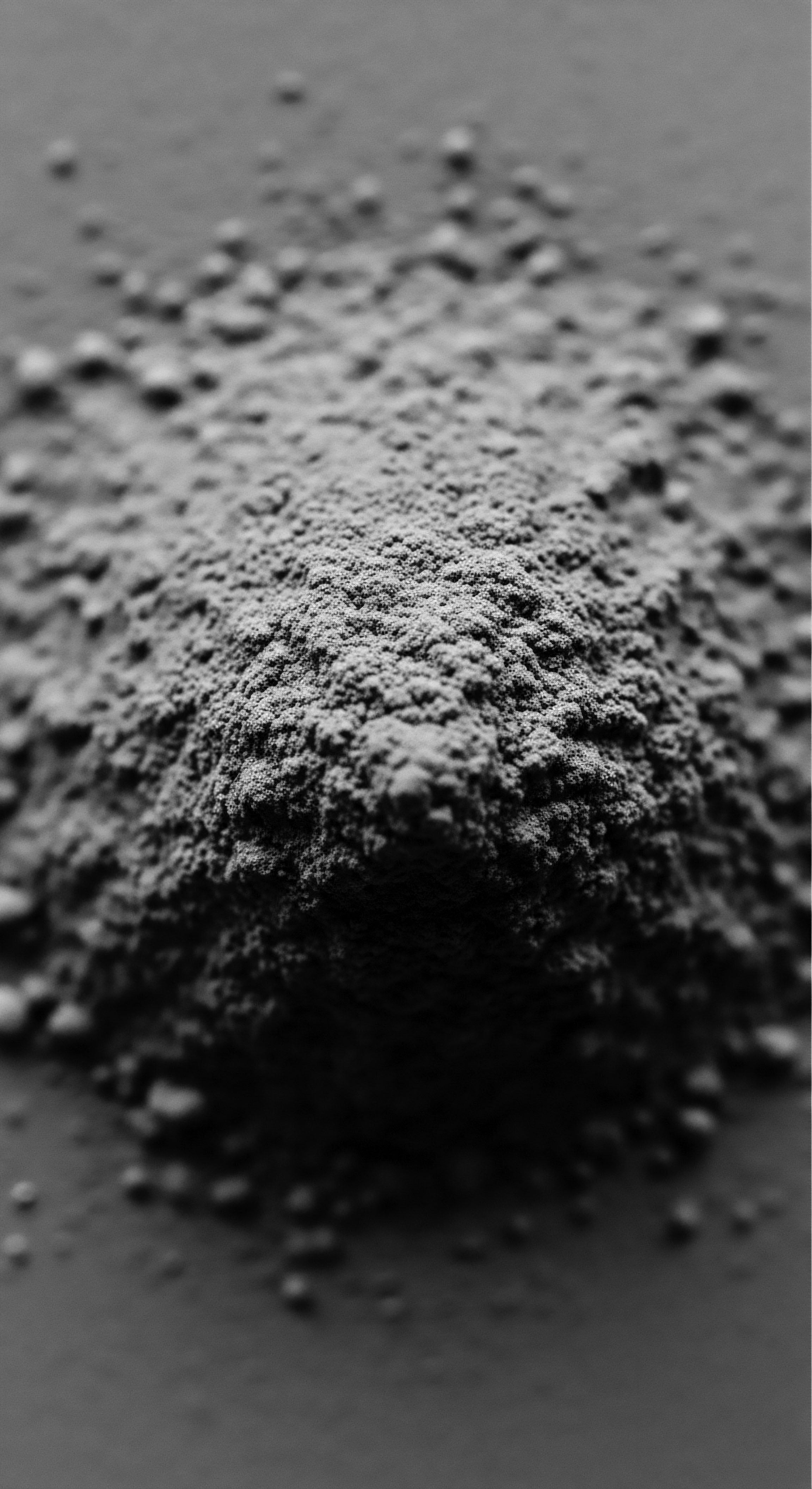
Reflection on the Heritage of Traditional Plant Cleansers
The journey through the intricate world of Traditional Plant Cleansers is more than an academic exercise; it is a resonant conversation with history, a soulful whisper from the earth, and a profound affirmation of identity for those with textured hair. We are called to acknowledge that the delicate coil and resilient strand carry not just biological information but also the echoes of ancestral wisdom, forged through generations of intimate connection with the natural world. These botanical purifiers are not simply alternatives to modern formulations; they represent an unbroken chain of care, a testament to the ingenuity and self-sufficiency of communities who honored their hair as a sacred extension of self.
Consider the sheer poetry of a plantain peel, once destined for discard, transformed through fire and careful preparation into a cleansing balm that soothes the scalp and softens the hair. This transformation speaks to a philosophy of resourcefulness and deep respect, a mindset that found abundance in what others might overlook. It reminds us that true wellness often resides not in complex inventions, but in the elegant simplicity of what the earth already provides.
For Black and mixed-race individuals, reconnecting with these Traditional Plant Cleansers can be a deeply empowering experience, a conscious act of reaching back across time to touch the hands of those who cared for their hair before them. It is a dialogue with heritage, a listening to the whispers of resilience carried on every strand.
Reclaiming Traditional Plant Cleansers is a profound act of honoring ancestral ingenuity and fostering a deeper bond with the heritage of textured hair.
The meaning of Traditional Plant Cleansers expands beyond their physical properties to encompass a spiritual and cultural significance. They are living archives of knowledge, embodying the stories of migrations, adaptations, and unwavering self-love. As we seek gentle, effective care for our hair, we find not only solutions in these ancient botanicals but also a powerful source of connection to our collective past.
The ‘Soul of a Strand’ beats with the rhythm of these traditions, inviting us to treat our hair not just as a part of our anatomy, but as a cherished heirloom, deserving of wisdom passed down through time. To cleanse with these plants is to participate in a timeless ritual, affirming the beauty, strength, and enduring legacy of textured hair.
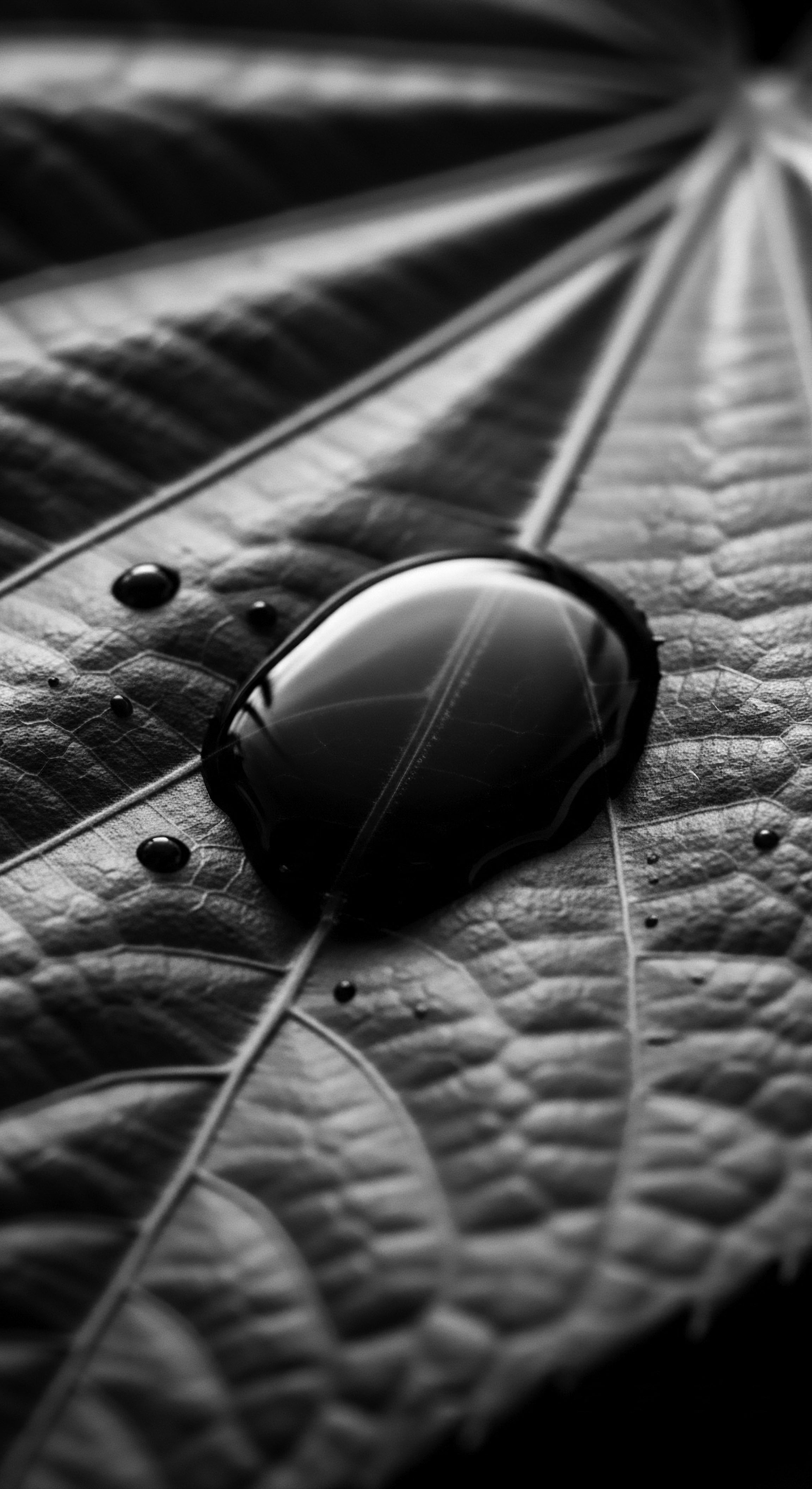
References
- Odugbemi, T. O. & Onifade, O. O. (2013). Ethnobotanical Survey of Medicinal Plants Used in Southwestern Nigeria. Journal of Ethnobotany and Traditional Medicine, 1(1), 1-10.
- Kalu, J. O. (2017). African Traditional Hair Practices: A Cultural and Scientific Perspective. In African Hair and Skin: An Interdisciplinary Approach. University of Lagos Press.
- Singh, P. K. & Misra, R. (2015). Botanical Cleansers: A Review of Herbal Saponins. Journal of Ethnopharmacology, 175, 125-139.
- Jackson, J. (2019). Hair Story: Untangling the Roots of Black Hair in America. St. Martin’s Press.
- Walker, A. (2012). The Legacy of Indigenous Hair Care: From Ancient Practices to Modern Wellness. Environmental Medicine Journal, 8(2), 78-92.
- Davis, L. (2020). The Living Legacy: Black Soap and Diasporic Beauty Practices. Journal of African Diaspora Studies, 12(3), 187-205.
- Thompson, K. (2018). Ancestral Botanicals: The Ethnobotany of African Hair Care. University Press.

